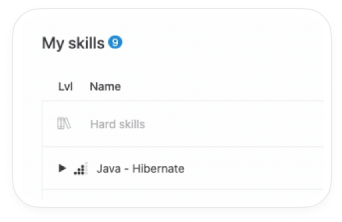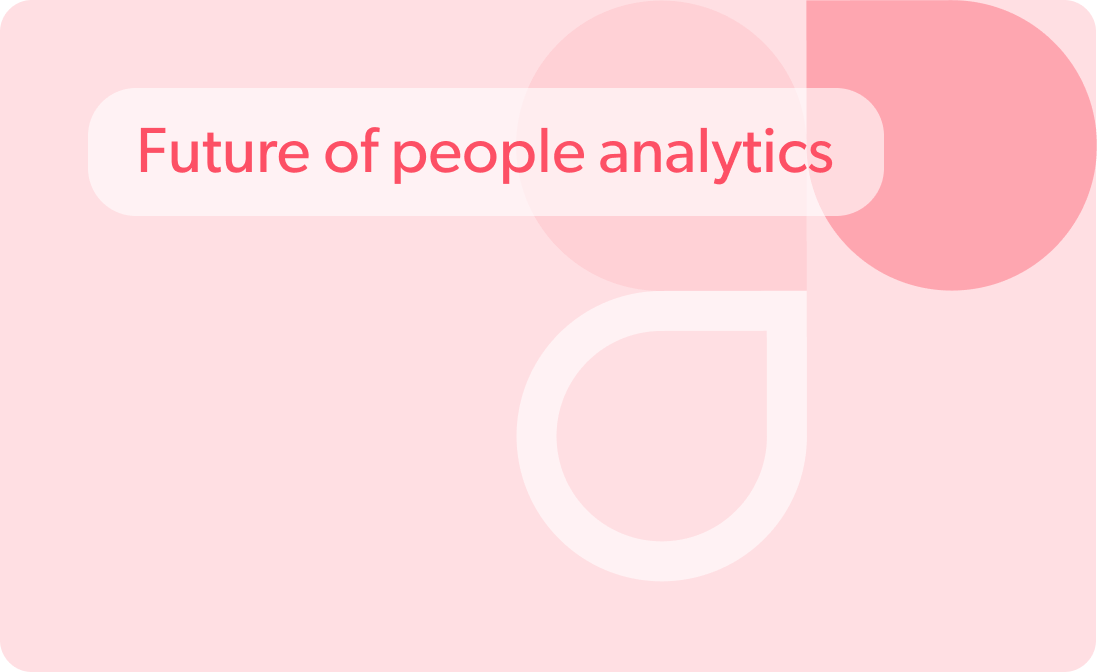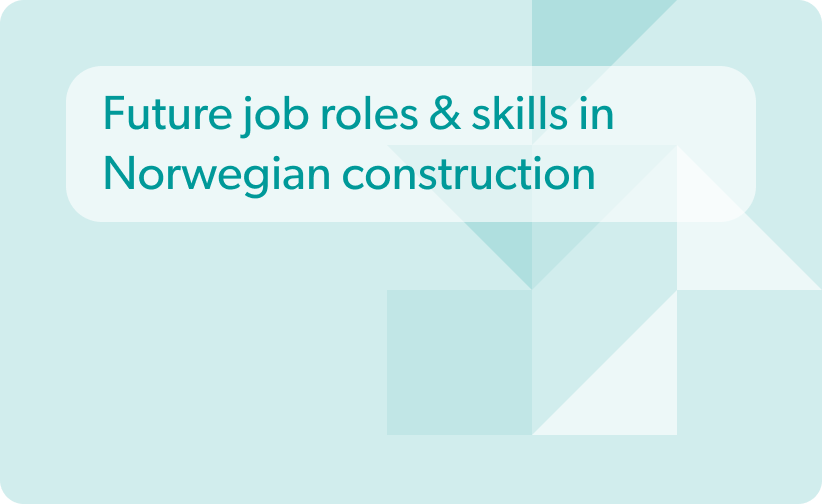Hollywood strike, AI’s rise, and the imperative of upskilling
A storm was brewing in Tinseltown. For months, the entertainment industry writers had been on strike, representing the creative minds behind Hollywood’s cinematic masterpieces. Their demands encompassed two significant concerns: AI regulation, especially in generative content, and the quest for improved pay structures and better returns from streaming platforms. As we try to understand this complex situation, we’ll explore how this strike reflects broader workforce dynamics in the age of artificial intelligence (AI) and why upskilling in AI is becoming imperative for industry professionals.
AI’s influence on Hollywood
At the core of this strike lies a fear held by writers that their jobs might vanish as AI and large-language models become increasingly integrated into content creation processes.
One of the central points of contention during contract negotiations was how human writers would be employed alongside generative AI and how credits would be assigned.
This concern is valid, given the rapid rise of AI technology and Hollywood’s reliance on predictable storylines.
However
Will the agreed-upon terms be sufficient to safeguard their jobs as technology continues to evolve? For the next few years, probably. However, this time frame can be pivotal if utilized effectively.
New opportunities in the film industry for AI-powered roles
Here’s the intriguing twist: Gizmodo’s article published in August 2023 brought some new key insights into this industry. According to it, while Hollywood writers had been on strike for over three months, film and TV stations are advertising AI-related positions with staggering compensation packages. Major entertainment companies like Disney, Netflix, and Sony are leading the way by offering AI roles with salaries ranging from $200,000 to over $1 million.
For instance, Netflix seeks an engineering manager with just three years of experience, offering an annual salary between $180,000 and $900,000. The job description emphasizes taking Netflix’s ML/AI initiatives to the next level. Other Netflix positions include an AI technical director, with a salary range of $240,000 to $1 million, and an engineering director, citing a scale of $330,000 to an astonishing $1.8 million annually.
Sony AI is also actively recruiting for positions related to “AI ethics,” such as a research scientist and an AI ethics technical program manager. These positions indicate the entertainment industry’s growing focus on AI and ethics. Moreover, NBCUniversal has listed a job on LinkedIn for a vice president of product, personalization, and search for its Peacock streaming service, offering an annual salary of $220,000 to $290,000.
All these developments are occurring in parallel with Hollywood writers’ ongoing strike. So, HR leaders, do you notice this unique opportunity to steer your organization towards a future where AI and human creativity coexist harmoniously? Let’s check out how!
Recognizing the entertainment industry’s evolution
In every industry, from writers and actors to production crews and technical experts, the workforce plays a vital role in creating engaging content and driving organizational success. However, the relentless march of digital transformation powered by artificial intelligence (AI), necessitates that HR leaders take a leading role in upskilling and nurturing talent regardless of their industry.
HR professionals should recognize these seismic shifts and understand their profound impact on jobs, identify the skills essential for the future, and acknowledge the evolving nature of roles within our organizations. Let’s explore how HR leaders can proactively champion the cause of upskilling, adapt to the winds of industry change, and ensure that their workforce thrives in this AI-enhanced landscape.
Foster a culture of learning
One of the most effective ways HR can support employees is by fostering a culture of continuous learning. This involves:
Identifying skill gaps. Work closely with department heads to identify the high-demand skills and competencies as AI becomes more prevalent. For instance, AI-related skills such as data analysis, machine learning, and content curation should be on your radar in the entertainment industry.
Tailoring training programs. Develop training programs and workshops to address these skill gaps. Collaborate with learning and development teams to ensure these programs are accessible and engaging.
Encouraging self-driven learning. Promote self-driven learning by providing access to online courses, resources, and platforms where employees can acquire AI-related skills at their own pace.
Mentorship and coaching. Establish mentorship programs that pair seasoned professionals with those looking to upskill. Encourage cross-functional collaboration to facilitate knowledge transfer.
Support career development
HR’s role doesn’t end with learning initiatives. Career development is equally crucial. Here’s how you can assist your employees:
Personal development plans (PDPs). Work with employees to create PDPs that align their career aspirations with the organization’s needs. PDPs should include AI-related skill development and opportunities for growth within the company.
Performance metrics. Adjust performance metrics to incorporate AI-related achievements. Recognize and reward employees who adopt AI-driven practices and contribute to innovation.
Internal mobility. Promote internal mobility by allowing employees to explore roles in different departments. This enables them to apply their newly acquired AI skills and diversify their experience.
Ensure fair compensation
The recent Hollywood strike highlights the importance of fair compensation. HR leaders should take the following steps to address this concern:
Market analysis. Regularly conduct market analyses to ensure your organization’s compensation packages are competitive, especially for AI-related positions.
Transparency. Be transparent about compensation structures, including how AI-related skills are valued and rewarded within the organization.
Salary reviews. Conduct periodic salary reviews to adjust compensation in line with industry trends and changing skill demands.
smartHire: Compensate fairly with confidence
Enhance your hiring process with smartHire, ensuring fair compensation through market analysis and transparent practices. Stay competitive in the age of AI.
Upskilling: Every industry’s hottest new trend for success
The Hollywood strike by the Writers Guild of America has illuminated the challenges posed by AI across various industries. While the strike may have reached a resolution, concerns about AI’s impact on traditional roles persist in entertainment and organizations across different sectors. However, these concerns shouldn’t be seen solely as threats; they also represent opportunities for growth and adaptation.
Industries worldwide actively seek professionals with AI expertise, offering rewarding positions with competitive salaries. Your organization can thrive in this ever-evolving landscape by upskilling your workforce in AI. Whether you enhance your employees’ current skills or embark on a new journey of AI integration, growth, innovation, and financial success are the path forward in an AI-enhanced world.
Moreover, business transformation is essential for staying ahead in this dynamic landscape. It requires in-depth insights into the talent market, workforce trends, and competitors. Our data-driven platforms can help your organization tune its business strategy to navigate these changes effectively to:
- Transform your business strategy by recognizing your workforce’s needs and demands.
- Determine workforce structure optimization levers with smart scenario planning so you can continuously right-size your workforce to align with your business strategy.
- Create future operating models through the Market Intelligence labor market analytics platform, which assists you in benchmarking your company against competitors, detecting future trends, and developing future operating models for your business.
- Build future skills by analyzing the external talent market and understanding concrete job roles and skills that will be in demand in the long term.
- Detect and understand future skills relevant to your industry and create employee development recommendations; ensuring you have the right talent and skills is crucial.
Successful business and workforce transformation is built on understanding concrete job roles and skills that will be in demand in the long term. Market intelligence helps you analyze the external talent market to define what skills and jobs your business will need in the future. Talk to our consultants for personalized guidance and a tailored approach to upskilling and workforce transformation. Together, we can shape your organization’s future and ensure it thrives in the AI-enhanced world.
Stay up to date with our newsletter
Every month, we’ll send you a curated newsletter with our updates and the latest industry news.



























 info@hrforecast.de
info@hrforecast.de
 +49 89 215384810
+49 89 215384810






